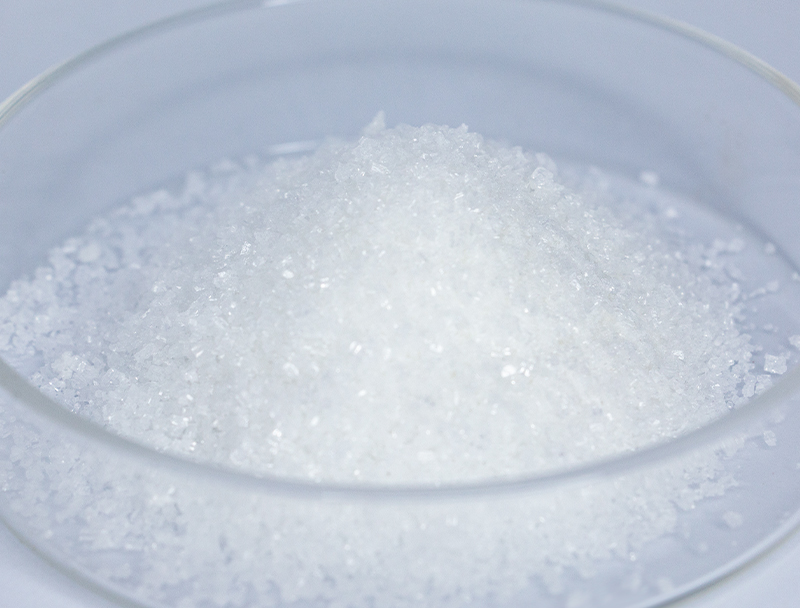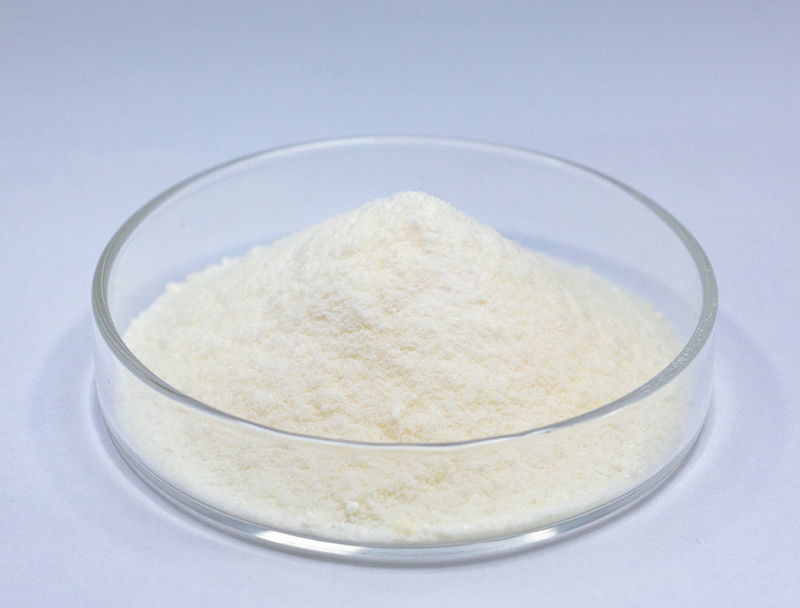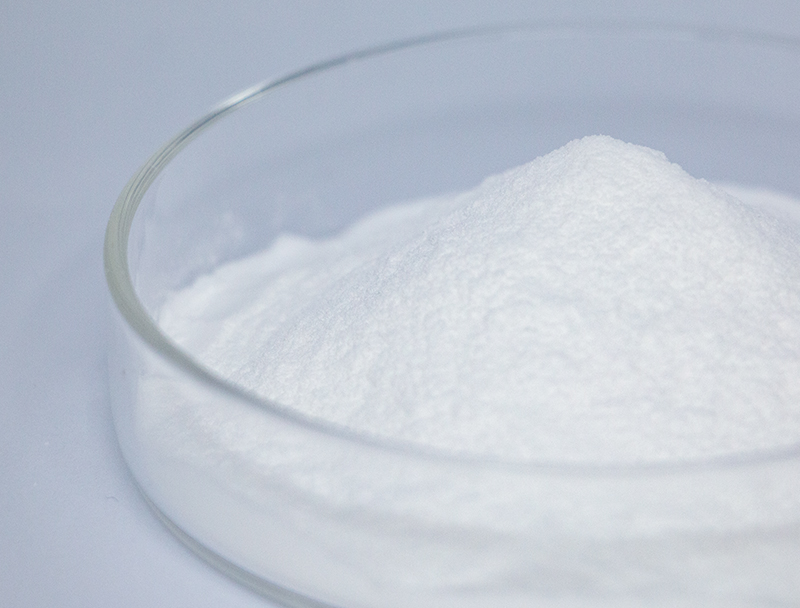
Modern biofabrication is grounded in a comprehensive selection of substrates to produce innovative bio-based products.
Protecting environmentally mindful sourcing is paramount for the long-term viability and ethical growth of the industry.
diverse obstacles inherent in legacy sourcing approaches such as soil erosion and unchecked resource extraction. Accordingly, companies are required to implement regenerative sourcing methods to mitigate footprints.
- Illustrations of eco-conscious sourcing involve:
- Utilizing renewable feedstocks derived from agricultural byproducts
- Applying zero-waste frameworks to limit waste and optimize resource use
- Aligning with domestic providers that adhere to transparent sourcing
Moving toward responsible sourcing creates ecological improvements and economic resilience.
Tuning Feedstock Characteristics for Higher Biofuel Efficiency
Increasing biofuel conversion efficiency is tied to feedstock composition and condition. Research teams persist in studying techniques to boost feedstock performance, delivering enhanced conversion and a more resilient energy mix. Approaches include genomic enhancements to boost biomass growth and processing methods to convert complex lignocellulose into fermentable sugars.
- In addition, projects pursue feedstocks like algae, waste fractions, and harvested residues to enlarge the selection of eco-friendly biomass for bioenergy.
- Owing to ongoing work the biofuel domain is primed to reach substantial milestones advancing renewable energy adoption.

Biopharmaceutical Manufacturing: Advancements in Upstream Processing
covers the early phases of biopharma production including culturing and biological harvesting Modern progress within the sector has contributed to more efficient processes and higher production.
Pivotal enhancements embrace high-performance cell lines, balanced media compositions, and intelligent reactor control systems. These changes expand productivity and help reduce both financial and environmental overhead.
- Similarly, continuous process trends grant superior flexibility and refined control across production stages.
- Implementing cutting-edge manufacturing technologies will probably redefine workflows and accelerate innovation.

Genetic Engineering Innovations for Higher Therapeutic Yields
progresses in gene editing technologies, such as CRISPR-Cas9, have revolutionized the production of biopharmaceuticals. With exact genomic alterations, researchers improve host productivity for therapeutic manufacture. This approach holds immense potential for developing more efficient and affordable biopharmaceuticals to address a wide range of diseases.
Harnessing Microbial Biotechnology for Sustainable Bioremediation
promising microbial strategies enabling effective environmental cleanup and restoration. Microbial species can metabolize and convert hazardous compounds into benign byproducts.. Employing microbial processes facilitates remediation approaches that preserve ecosystem integrity while reducing pollution.. Study groups probe microbial metabolic diversity to tackle metals, persistent pesticides, and hydrocarbon spills.. Organisms may be utilized in controlled reactors or in place to accelerate contaminant decomposition through biodegradation..
Employing microbial strategies for remediation provides multiple benefits versus traditional techniques. Such strategies are budget-friendly and lessen the creation of harmful byproducts. Likewise, microbial systems can selectively degrade contaminants while sparing the wider environment. The field of microbial biotechnology continues to advance rapidly, with ongoing research focused on improving the efficiency and effectiveness of bioremediation strategies.
Data-Driven Approaches for Therapeutic Development
Informatics platforms are essential to current drug discovery and development pipelines. From identifying potential drug candidates to optimizing their efficacy and safety, bioinformatics enables a more efficient and data-driven approach.
- Through evaluating comprehensive genomic, proteomic, and clinical data, teams detect novel targets and predict drug action.
- In addition, predictive simulations inform medicinal chemistry efforts to craft more efficacious drugs.
- Finally, bioinformatics is revolutionizing the drug discovery and development process, accelerating the time to bring safe and effective treatments to patients in need.
Cell Factory Optimization for Higher Bioproduct Output
integrates multiple methods to augment cellular production of target bioproducts. Strategies involve pathway refactoring by genetic modification, expression modulation for balanced flux, and grafting of novel genes to add capacity.. With precise metabolic tuning scientists can greatly enhance yields of desired compounds.
This wide-ranging tactic can overhaul industries spanning medicine, agriculture, and energy production.

From Lab to Plant: Challenges and Opportunities in Biomanufacturing Scale-Up
Commercializing biopharma production involves significant constraints and promising benefits. Keeping consistent product performance at elevated volumes is a significant challenge. This requires robust process control, precise monitoring, and sophisticated analytical techniques.

Complexity in multi-step 4-Aminobutyric acid biomanufacturing operations presents ongoing operational challenges.. Adapting protocols for industrial scale requires considerable development work and engineering advances.. Despite challenges, the benefits may be considerable. Efficient scale-up can amplify access to medicines, compress costs, and strengthen returns.
A range of strategies is being implemented to address scaling problems. They encompass new process-improvement tools, in-line analytics for continuous oversight, and creative manufacturing approaches.
- Development efforts are also playing a crucial role in advancing biopharmaceutical production capabilities.
- Regulatory bodies are modernizing pathways to accelerate approval of advanced production technologies and support innovation.
Regulatory Considerations to Maintain Biopharmaceutical Safety and Performance
Producing biopharmaceuticals demands comprehensive oversight to guarantee safety and clinical effectiveness. Biologic therapeutics bring unique regulatory and manufacturing demands unlike traditional pharmaceuticals.
Bodies like FDA and EMA shape the regulatory landscape and set benchmarks for evaluating innovative therapies..
Meticulous validation protocols are enforced from preclinical validation to long-term post-market evaluation.. These controls function to identify dangers and ensure biopharmaceuticals achieve premier safety standards..
Similarly, regulators iteratively adjust approaches to accommodate emerging biopharmaceutical breakthroughs.. Initiatives cover incorporating new methods and supporting faster development while ensuring patient protection.

Evaluating Plant Biomass for Bioplastic Production
A stronger push for environmentally responsible materials is driving research into renewable options. Plant-derived biomass as input for bioplastics represents a practical route toward greener materials. Sources like cornstarch, cellulose fibers, and sugarcane biomass can transform into compostable plastics that decompose and reduce pollution.
Moreover, bioplastics can mirror key properties of fossil-derived plastics and fit diverse application needs.. Ongoing R&D is essential to scale plant-based bioplastics and realize circular economic benefits.
Biotech's Role in Improving Global Health and Agricultural Resilience
Biotechnology equips researchers with methods to tackle health crises and bolster food availability. Through CRISPR, synthetic circuit design, and cell therapy progress, developers generate methods to counter infectious agents, optimize crops, and elevate nutritional profiles.. Consider genetically enhanced crops that resist pests and environmental stresses to improve production and reduce pesticide reliance.. Additionally, biotech enables faster vaccine development, novel antimicrobials, and precise diagnostics critical to infectious disease control and health improvement.. As research progresses, biotechnology holds immense promise for creating a healthier and more sustainable future for all.
